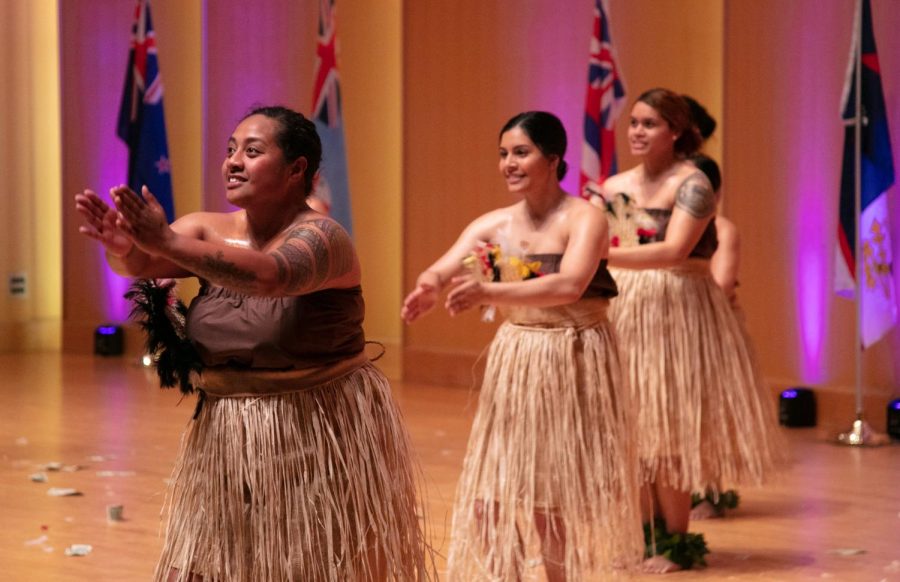The importance of identity based clubs
February 1, 2023
Cultural and identity-based clubs are the heart and soul of extra-curricular activities on campus.
When I came to the U.S. in 2019 to pursue my undergraduate studies, I had a somewhat decent idea of what college here would be like. Despite my immense exposure to American media, specifically regarding college life, I still experienced culture shock in a variety of aspects.
When I attended Cascadia College in Bothell, Washington, the first thing that stood out to me was the identity-based clubs. Some of these clubs included the South Asian Student Association, Japanese Culture Club, Korean Language Club and Bridges International.
As someone from a predominantly mono-racial country, I was quite intrigued by these clubs. Of course, I had known that the U.S. is one of the more diverse countries in the world, but seeing different people celebrate and share their identities with each other is something beautiful to witness.
At Cascadia College, I was a member of Bridges International, as I identified as an international student. Being a part of that club gave me a sense of belonging and community. Despite members of the club having different cultural backgrounds, we all shared a similar experience navigating life in a new country.
When I transferred to CWU two years ago, I was curious to see what kind of cultural clubs there would be. I anticipated that CWU would have more clubs because Cascadia College, as a community college, is obviously smaller. To my satisfaction, there were even more cultural cubs than I expected.
About a month before I was set to arrive on campus, I did some research on CWU clubs on Instagram. I came across the Black Student Union (BSU) and African Student Association (ASA). During the time I’ve been at CWU, I’ve only attended a handful of meetings of both clubs. I would attend more if it wasn’t for my schedule.
Nevertheless, the few times I have attended, the clubs provided me with a feeling of comfort and solidarity. There’s just an indescribable feeling of joy you get when you’re around people with shared experiences and identities.
I’ve also had the chance to attend a meeting at CWU’s Filipino American Student Association (FASA). Although I don’t identify with Filipino culture, I had the desire to support a different identity club and learn more about their culture.
An article in Campus Times from the University of Rochester explains that cultural clubs tend to invite people who don’t identify with that culture.
“When cultural groups explain what their club is, they make sure to emphasize that all are welcome, and they genuinely do want people of other identities to join their club.” (Campus Times, University of Rochester).
Attending at least one cultural club is something I think everyone should try to do before they graduate. If you haven’t yet, I highly recommend it. It’s an experience you don’t want to miss out on.

